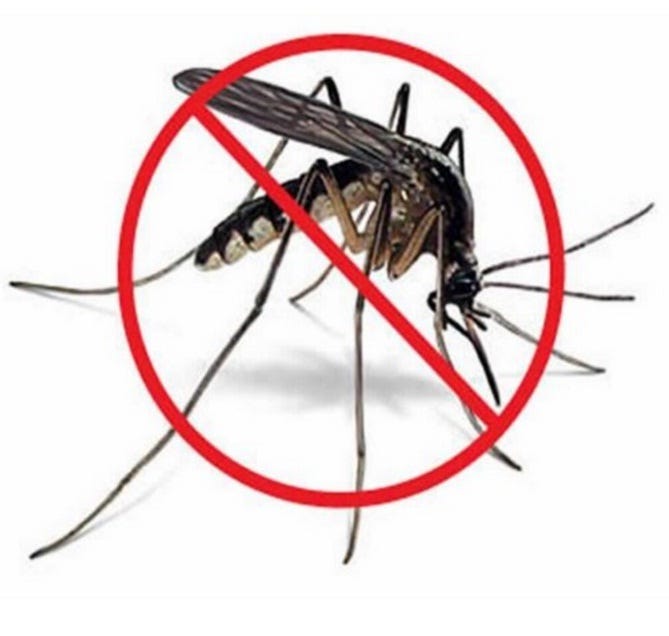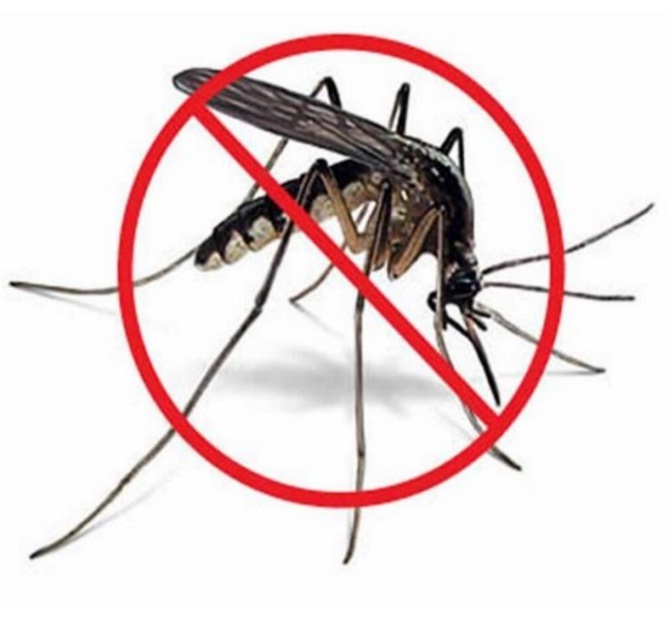Mosquitoes have had a long and distinct history with the human race. Like human civilization it too has evolved and adapted causing many diseases, the deadliest of them being Malaria. From the Greeks to the Romans and Egyptian all ancient civilizations have dreaded this tiny killer.

People have tried to find different methods to deal with this problem over the centuries, which have led to a lot of misconceptions and myths when it comes to controlling mosquitoes.
Myth #1 — Bug Zappers Prevent Mosquito Bites
Bug zappers have been popular for quite some time. While they do kill some mosquitoes, the majority insects that are also caught in it are beneficial for the nature like beetles and moths. Often times, mosquitoes completely ignore bug zappers. They are more drawn to body heat and the scent of human blood.
Myth #2 — Citronella candles
Citronella candles have been in use for over a 100 years to keep mosquitoes away from outdoor gatherings. There is not much evidence that they work except drawing some mosquitoes towards them and away from the crowd. Citronella candles emit heat, carbon dioxide, and moisture, all of which attract mosquitoes. Regular candles also emit those things and so should work just as well.
Myth #3 — Certain plants act as natural insect repellents
Some plants contain essential oils that do repel insects but they don’t work simply by growing or being planted in the yard, instead they end up creating more places for mosquitoes to rest, since the insects are attracted to cool, dark, and moist areas. Plants like Citrosa, lemon thyme and citronella plants do not keep mosquitoes away by themselves. The leaves have to be crushed to release their oils.
Myth #4 — What we eat effects our chances of being bitten
While garlic offers a pungent odor, there’s debate as to whether it repels mosquitoes. People also often say eating high percentages of Vitamin B can help lower your chances of getting bitten but there is no scientific evidence to support this claim either. Mosquitoes are attracted more towards people who omit high carbon dioxide and have good metabolism.
Myth #5 — Bats and Purple Martin birds Can Be Used to Repel Mosquitoes
Purple Martins and bats do feed on mosquitoes, but they are not prone to only eating mosquitoes. They eat dragonflies, mayflies, stinkbugs, June Bugs and a wide variety of other insects and don’t have a big impact on reducing local mosquito populations.
They should not be used as a viable repellent. Bats on your property create an even bigger problem. Bats are notorious for carrying rabies and other serious diseases.
Myth #6 — High frequency emitting electronic devices repel mosquitoes
Ultrasonic devices claim to emit high-frequency sounds that are too high for humans to hear but are just the right frequency to drive pests, including mosquitoes. Based on the tests done by scientist through the years they have found claims of such devices working are unfounded. These devices are expensive and mostly don’t work. You may choose to try it in your own backyard, but consider the lack of scientific evidence before you experiment.
Myth #7 — Repel Mosquitoes with an App
When you type the words “mosquito” and “repel” into Apple’s app store or Android’s Google Play, and dozens of apps will be listed claiming to thwart the nuisance insect. There are studies that have shown that mosquitoes can communicate within wing beat frequency.
Theoretically, Dragonflies are mosquito predators and so, the sound of one approaching would cause mosquitoes to flee. But there are no studies that support this statement and a few apps also claim to be pranks.
So now that you know the truth behind some myths next time when you head out of your house remember the most effective mosquito repellent for your family’s protection is your awareness and adopting a full protection mosquito program to safeguard from risks and dangers arising from mosquito’s infestation such as malaria and dengue.
Original Source: herbal mosquito repellent





Comments